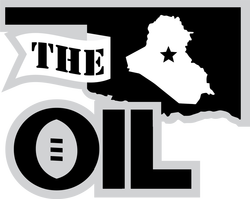|
While the OIL was born in Baghdad, the Hangovers/Arrogant Americans rivalry evolved slowly over multiple locations. The franchises were rivals long before the league permanently matched them up for Rivalry Week. And it came naturally. They prepare the entire season for their annual matchup.
No one questions the sincerity of their rivalry. The franchises have grown into the fiercest rivalry in the OIL, if not the DBFA. But how did the managers become such rivals? The following is an oral history of the Hangovers/Arrogant Americans rivalry, as told by the men who live it. BackgroundAlthough the OIL didn't start until 2006 and the Hangovers didn't join until 2007, the roots of the rivalry go all the way back to 2004 in a dusty armory in Duncan, Okla. But neither one knew it at the time. Before they were OklahomIraqis and before they were rivals, Hangovers manager Adam Duffy and Arrogant Americans manager Justin C. Cliburn met in the Oklahoma Army National Guard in 2002. It was after 9/11 but before the Iraq War. The two were activated for OIF in 2003, alternating their time between training and drinking until they "went across the pond."  Duncan, Okla. Army National Guard Armory Duncan, Okla. Army National Guard Armory But then "the war was over" before the 158 deployed. So the soldiers went back to their home armories for their regular "one weekend a month, two weeks a year" duty. Both men were in Bravo Battery and drilled in an outdated armory on the south side of Duncan, Okla. Occasionally, the men would spend the weekend "in the field" at Fort Sill. But most drill months, the men would drive 30 miles east on State Highway 7 to Stephens County to spend their weekend as part of B Btry 1st Bn 158th FA regiment. Both were at the armory one morning in late 2004 when Duffy gave Cliburn a heads up on a job.
While Duffy worked in the office, Cliburn worked in the warehouse at zero dark thirty each morning. Their paths rarely crossed. But then the 1st Bn 158th FA regiment received a change of mission, and the 1st Bn 158 FWD2 (SECFOR) was born. The Bravo Buzzards were suddenly T-Birds on the way to Iraq, where Cliburn and Duffy lived just feet away from each other.  Cliburn in 2005, Fort Lewis, WA. Cliburn in 2005, Fort Lewis, WA. CLIBURN: That was late 2005 and we wouldn't be leaving Iraq until late 2006 at the earliest. Before the 2006 football season, someone suggested a fantasy football league. I first played fantasy football in 2004, but I didn't like it. I hated having to root for individuals on opposing teams in the same game. I quit after week eight and somehow won the league. But that was dumb luck. So I wasn't that thrilled with joining another fantasy league. But what else did we have to do? So I accepted. Later, before the draft, I agreed to be the commissioner. Zach Jessen was originally going to commish the league. But he was at Camp Echo in Diwaniyah, and their Internet was even worse than ours. So the onus was on me to create the league, name it, and recruit enough managers to fill it out. Duffy wasn't a member of that original league. I don't know why. In hindsight, it seems like a mistake. We were close over there. We lived just feet away and had regular BS sessions. But I guess I didn't know if he even played fantasy football. And most spots were filled before I was asked to become the commissioner and fill the rest.  Can't you see the hate in his eyes? Can't you see the hate in his eyes? DUFFY: Prior to our deployment I had heard of fantasy football, but I never played it. If Cliburn would have asked me to join that first year I would have said yes without hesitation (much like I did the second year when I did get asked). There was a problem though: it took me a couple seasons to realize it, but my love for my NFL team was hurting my fantasy team. I'm one of the biggest Packers fans out there. Back then, that blinded me in so many ways. I overvalued Packers and held onto them for too long. That year in Iraq I was in Thomas Hillier's league, and two-thirds of my team were Packers. I don't remember how I finished. It probably wasn't respectable. It was also a bad year for the Packers so I had a bad taste in my mouth immediately after our deployment as far as football was concerned. Leading up to this first fantasy football experience, Cliburn and I agreed on most things and rarely (if ever) competed against each other. He was a 13M; I was a 13P. He was First Platoon; I was Second Platoon. The OIL was the source of our only conflict. Beginnings CLIBURN: That year flew by. And the year after we got back from Baghdad seemed to go by even faster. We were both back at UPS, and now we had a lot more to talk about. We still worked in separate areas, but we made time to talk each morning. Before I knew it, the 2007 season was nearing. That's when Kevin Pyle contacted me about resurrecting the league. I wasn't too surprised, since he'd won that inaugural season. I'd want to play again too if I was the defending champion. Anyway, since I was in charge of the league once again (and I spoke with Duffy every morning), I asked him to join the league. DUFFY: I remember him asking me. I feel like there were days of buttering me up beforehand. I had my doubts about fantasy football, but I wasn't completely against it. Something I said seemed to require Cliburn to give me a few days of discussion as a bridge to the invitation. What's funny is that now I can admit my initial hesitation had nothing to do with fantasy football. It had to do with feeling inferior around Cliburn and other football fans when they talked about it. Their knowledge and memory of trivial NFL facts and stats was overwhelming. I remember thinking as I agreed to join that some homework would be necessary if I wasn't going to embarrass myself that first season. That didn't go so well.
The league was 16 teams that year, and several of them weren't even in the 158. It was hard to keep up with everything. Trying to put the league together that second year was more difficult than it was in Iraq. Over there, we all lived on the same pad, so it was easy to get a hold of guys: just go to their trailer. But the next year, in the real world, things were different. It was like herding cats trying to organize it.  Cliburn smiles after beating Duffy. Cliburn smiles after beating Duffy. It felt like that episode of Doug when he was trying to put together a band. Each person he asked to join would only do so if they could bring a friend or have a solo of their own. I asked my best friend from high school (Josh Hastings) to join, and he brought in his brother-in-law. It wasn't until 2014 that I knew who the Swamp Donkeys manager weas. Apparently it was another brother-in-law (Kevin Pyle's brother-in-law, to be exact). I brought in another longtime friend, and his cousin came with him. That's how the 10-man OIL of 2006 turned into the 16-man OIL of 2007. DUFFY: I didn't know who six of those guys were that year. And Cliburn was the only Bravo guy in the group. He was also the only UPSer. So, from the beginning, he was the guy I focused on. CLIBURN: But it wasn't until 2008 or 2009 that we really bragged about OIL victories at work. I won our 2008 matchup and we played twice in 2009, each winning one (it was a 14-week schedule that season). I won the week 13 matchup that year 192.80 - 89.30 and had fun rubbing it in Duff's face. It was before Rivalry Week became official, but there was no denying that week 13 matchup was special. Maybe that's what gave me the Rivalry Week idea. DUFFY: It's interesting looking back at the early days of our rivalry. We had so much in common both in and out of uniform. There was always this mutual respect that prevented us from being too far out of line after we faced off. Now that I think of it, those first couple seasons went by with little mention of our game . . . which is good because I made plenty of rookie mistakes (even after a bad draft). We talked every week about fantasy football. However, when we faced off in the early days, it was like a bye week. It was like it never happened. We barely acknowledged it out of respect, if that makes sense. But, simultaneously, I wanted to beat him. I had to beat him. I had something to prove I guess. CLIBURN: And part of it may have been we saw each other every morning, but it was for short periods of time. Duffy had a million things to worry about before my shift ended. I was loading 1,000 packages in three or four UPS cars, so I was busy too. What little time we had seemed better used talking about the big picture than talking trash about a single matchup. DUFFY: That's true, too. Plus, we knew we'd see each other at drill each month anyway. There was time for trash talk there. UPS was an environment that regularly manufactured stress. Cliburn and I always seemed to mutually cherish a five minute football conversation as it was a way to "stop the bleeding" every morning. You know, I'm not really sure what we talked about during the off season. I can't say I remember talking about anything else unless it was work related. Evolution of the League and Rivalry CLIBURN: The rivalry really evolved as the league evolved. It started with team branding. After the 2009 season, I created logos for all the teams using PhotoShop and my poor imagination. I had a second job as Copy Editor for The Collegian, so I had plenty of time in between classes sitting in front of a computer. When I had questions about PhotoShop, I just asked fellow Collegian editor Jim Horinek. He designed the OIL logo. The first Arrogant Americans logo survives today, but the original Hangovers logo was not exactly "ready for prime-time." But it was something, and, with the launch of the first OklahomIraqis.com Web site, each team needed an online presence. I wasn't that creative, so what could I really do with Hangovers? I went with a take on the popular movie of the time: The Hangover. It wasn't bad, but it wasn't top-notch design work. DUFFY: I have to be honest: I was proud of my first logo. Cliburn showed me what he came up with and seemed apologetic. I liked it. It embodied in so many ways my lifestyle as a young buck.  Original Hangovers logo. Original Hangovers logo. And, after we got back from Iraq, I was a married man with four kids working full-time in UPS management. That logo reminded me of who I was before all that . . . in a good way. When I joined a fraternity in college, we had a Web site with a private forum. More trash talk occurred there than you could imagine. And the OIL Web site created similar opportunities. It provided us with a chance to talk trash with an audience. It turned trash-talk into an art. It was a performance, and the message board improved everyone's trash-talk performances. CLIBURN: The first edition of the OIL site's message board was provided by Nabble. It was low-tech, but it was a start. It provided a place to discuss the league year-round, and that was the type of community we were seeking with the new Web site. DUFFY: We eventually started a Facebook group and that siphoned traffic away from the Nabble forum. Eventually, we focused exclusively on the Facebook group and that's where the rivalry's trash talk blossomed. Honestly, we had to instigate some rivalries in the league. Others existed before the league was created. Cliburn and me . . . ours didn't seem to fit either mold. It was different; it came naturally. CLIBURN: At some point, we deleted the Nabble forum altogether. The Facebook group was just too convenient, and no one posted on the original message board anymore. But it still had a big role in the evolution of the league and the OIL Web site. Focusing the HateCLIBURN: I went into UPS management in 2009, so Duffy and I spent a lot more time together at work. We talked about the OIL every morning and had a blast doing things that really shouldn't be fun. We had co-workers asking about the league every week. And we even created a fantasy UPSers league.  www.TheDBFA.com www.TheDBFA.com DUFFY: Too bad we couldn't put that into action. We came up with a way to extend the fun of fantasy football into the offseason by drafting UPS drivers and tallying their fantasy points each morning. It would have worked because UPS keeps more stats on each driver than the NFL does for its players. The idea was tossed around the office. You could tell that most people detected that Cliburn and I were addicted to fantasy football and getting desperate to replicate it. Let's face it. We could have pulled it off but the risk was too high. Somebody would have their feelings hurt. CLIBURN: But we knew that if anyone found out they'd accuse management of helping some drivers at the expense of others. That was the environment at UPS. Drivers already accused management of playing favorites, so we never implemented it. It was a good idea though. It showed how ubiquitous fantasy had become in our lives that we were looking for ways to fantasize mundane, everyday things like work. Those fantasy UPSers discussions were ultimately a failure, but they were a lot of fun.  The Dead Ball Foul Show The Dead Ball Foul Show DUFFY: And those talks led to improving the OIL and, ultimately, creating the DBFA. They started at work and picked up again at Josh's house before, during, and after the Dead Ball Foul Show. We hatched the DBFA as a crazy idea. But it didn't take us long to treat it like a business. We drafted a DBFA business model. It was serious. We had a long-term vision for everything. And, each time the league(s) evolved a little more, so did our rivalry. The DBF was instrumental in all that. Plus, it was fun.  The 2009 Champion was Cliburn's first true rival. The 2009 Champion was Cliburn's first true rival. CLIBURN: Ah, the DBF. There was a lot of trash talk on that short-lived podcast. We did have a lot of fun with it. It was Duffy, me and Josh Hastings. And I was really more concerned with beating Josh then. He and I were best friends in high school and beyond. We played high school football together, and he beat me in the 2009 OIL Bowl. It would take more than a common employer to get me to want to beat Duffy more than Josh. JOSH HASTINGS: I was a part of the OIL the first year it wasn't in Iraq. That was 2007, and I finished in last place. I decided at that point to take an entire year off to get serious . . . to actually learn instead of winging it and relying only on football knowledge. I read everything and anything I could: drafting strategies, roster management, trends, analytic processes, player consistency, evaluations, expectations, every bit of player news, any and all tips and tricks.. I wanted to not only win but win it all. When 2009 came around I made sure to ask Justin for another invite because this time I was ready. CLIBURN: I knew he was serious then because we had weekly meetings to go over our ever-growing draft binders. I didn't think he'd win the league, but I knew he wouldn't finish last again. HASTINGS: I went into 2009 armed with the right knowledge. It's really a basic and simple piece of advice: know your league's scoring settings. I had a plan to grab the most consistent players, add a few from free agency and bank on my players hitting their stride just as I made the playoffs. I barely made the playoffs with a record of 7-6, but the strategy still paid off. I breezed through the first two rounds as expected. I made the championship, facing Justin's Arrogant Americans, who not only beat me every time we faced each other but had glided through the season virtually unscathed. CLIBURN: I really thought I was assured victory. Hastings was 7-6 and had finished last in his only prior season. But, like I said, at the time, there was no one else I wanted to beat more. I went to junior high and high school with Josh. We played football against each in grades 4-6 and with each other for six years after that. Still, I didn't take him seriously. HASTINGS: I could have easily been satisfied with just being in the final. But no, I wanted to beat Justin to put an exclamation point on my return. We decided to get together and watch that week's worth of football at his place. It was me, Justin and Adam. That day was filled with beer, food, and trash-talk. DUFFY: The only thing that could have made that day better was if I was in the championship. Everything was set up perfectly. Like Josh said, we had beer, food, trash-talk and a fantasy football championship. And these guys had years of history together. It was great, but it was clear pretty early that Cliburn was going down. HASTINGS: To sum up what took place: down goes Justin's two top players: Wes Welker and Maurice Jones-Drew! And it happened early, too. CLIBURN: I was in the kitchen getting more buffalo wings when that happened. I thought Josh and Duffy were joking when they said Welker had gone down. HASTINGS: And I had added and started Devin Aromashudu that week. Weeks 16 and 17 of 2009 were the only fantasy-relevant weeks of his career. But I had him. I knew it was sealed when I saw Justin's shocked face in the doorway to the living room. No matter how many times he hit refresh on his computer, the final score was not changing. I was the champion and had my exclamation point. CLIBURN: That stung. It stung bad. I stuck with my studs, and it cost me. But no one could predict that Welker and MJD would go down, or that little-known Arian Foster would go off on my bench. Anyway, there was no question Josh was my biggest rival at that point. It would take a lot to get me to focus on someone more than I did Josh. Andy Reid Fuels the FireDUFFY: And that happened in 2010. First, we drafted back-to-back that year. Cliburn was the 13th pick and I was 14th, so we were stealing each other's picks all through the draft. Then, I picked up Michael Vick after Kevin Kolb was injured in week one. It looked like I'd lucked into a hell of a fantasy QB. But then things changed pretty quickly. I remember that day hearing Andy Reid tell NFL Radio and the rest of the world he was going forward with Kevin Kolb as his QB. I dropped Vick without hesitation to address another concern. Josh and I were driving down Flower Mound Round in Lawton. We were about to make that hard left turn onto Rogers Lane (the one where you always see those buffalo) when NFL Radio said: " . . . in other NFL news, Andy Reid decided to go with Michael Vick following the Kolb injury" And the rest is history. I tried to claim him back off waivers. Yeah, right. Cliburn had the number one waiver priority that day. Anyway, Vick scored 382 fantasy points that season. I'm getting angry again just thinking about it. It sucks to make bad decisions or be wrong. It is far worse when it benefits your adversary.  The rivalry's catalyst. The rivalry's catalyst. CLIBURN: I remember telling Brett and Tim at UPS about it. Brett was like a fantasy football O.G. His first fantasy quarterback was Don "Magic Man" Majkowski. He was old school and used to calculate all fantasy points by hand. So he knew his stuff and he "got it." He knew how important it was for me to have bragging rights at work. He helped fan the flames in that regard. And no one could stir up some stuff like Tim. That guy was incredibly witty, and he enjoyed ribbing whoever lost that week. BRETT COX: I remember that. The rivalry was ugly and fierce in those days. Duffy seemed to always be on the ugly end though . . . with losses piling up like empty margarita cups on Bourbon Street. We gave him Hell every Monday morning for being beat before the Sunday Night kickoff. Because Boots Callahan (Cliburn) was my immediate supervisor and our shift started at 0430, we always got the news of Adam losing early. It got really ugly the year Justin won the championship.  The Harrington Trophy The Harrington Trophy DUFFY: That was the first season we had the Harrington Trophy from week one, so that made it worse. I can't imagine anything worse than seeing your number one fantasy rival win the league. BRETT COX: I remember the day the trophy arrived. It was a big day for both Justin and Adam, each wanting to be the first to hoist the grand prize. To say these guys took their rivalry seriously is an understatement. The business at UPS took a backseat to their drops and trades. They both schemed daily to out do each other. Justin was the first one to win the trophy, and he made sure everybody in our center knew it. CLIBURN: I love that trophy. We ordered it from SculptureAlley.net and couldn't have been happier with the results. I loved posing with it.  UPS warehouse, Lawton, Okla. UPS warehouse, Lawton, Okla. TIM VIANI: That was hilarious. I remember Boots taking a picture of himself and the trophy in his Sunday best . . . and plastering the photos all over the office! Everywhere Adam looked he saw Justin and the trophy. That rivalry made for some good times around work because it could be pretty mundane otherwise. I liked to pour fuel on the fire whenever I had a chance . . . then I'd sit back and laugh at how hard they took it when they lost. DUFFY: I did take losses hard . . . especially when I worked with my rival and had to see him carrying the damn trophy around at work, showing it off to co-workers who know you're in the same league and, by extension, know that you are not a fantasy champion.  The 2010 Arrogant Americans The 2010 Arrogant Americans CLIBURN: I went 14-1 that year, thanks in large part to Vick. But I had a fantastic team all around. I drafted Arian Foster in the fifth round. I had Darren Sproles in a PPR league and Peyton Hillis during his one good season. I was still more concerned with beating Josh then. We met again in the OIL Bowl that year, and I finally won the championship. But then we created the DBFA and instituted a rule: no one could be in more than one DBFA league. Josh was the founder and commissioner of the Man's Game League (MGL) and he wanted to stay there. He left the OIL, and it allowed us to add Yancy Baldwin. I hated to see Josh leave because he'd dominated the league in his two years in it. But I understood his logic. HASTINGS: Instead of keeping the status quo, I wanted to move forward with what we'd created. But I knew I could not be in both the OIL and the MGL. What if I won both? Who would be in the World War? I only saw one option: leave the OIL. As hard as that decision was, it was the most logical one. Sadly, that meant my rivalry with Justin would take a backseat. It wasn't that hard though. We both have a ton of respect for each other so the transition was easy. In 2011 and 2012, I won the MGL's Call Memorial Cup, adding a three-peat and five championships to my fantasy resume. CLIBURN: Josh made the announcement on the Dead Ball Foul Show. It took Duffy and me by surprise, but we couldn't argue with his logic. And he was making the MGL something special. Plus, he was expanding into more of an analysis role. HASTINGS: The best part about it is it inspired me to become an actual sports talk radio host, on the very station Justin and I grew up listening to: KXCA 1380 AM in Lawton. That helped me develop my own brand of sports talk: The Visitors Section podcast. But all the failures before that got me there, and without them I would not be where I am today. CLIBURN: And that explains a lot why there were no hard feelings when Hastings left the OIL. When he did, it allowed the two of us to confer with each other more on fantasy decisions. And it allowed me to focus my attention on beating Duffy.  A smug Cliburn rubs it in. A smug Cliburn rubs it in. DUFFY: And that's when the rhetoric got really ugly. I came into work one morning after Cliburn won the OIL Bowl and this was the desktop on my computer. Really, there's nothing worse than your fantasy rival hacking your computer at work and making your desktop background a picture of him in the Heisman pose holding the league trophy. It was even password-protected! I couldn't remove it!  Jersey made by FSgear.net Jersey made by FSgear.net CLIBURN: To be fair, you kept it on there long after you could have changed it. It was a motivational tool, and it worked. We really competed against each other as brands then. After that championship, my wife (Deanne) bought me an Arrogant Americans custom jersey from FSgear.net. I modeled it after the throwback Patriots jerseys I'd always liked. I chose number 10 because I had just won the 2010 OIL Bowl. DUFFY: I couldn't let the Arrogant Americans outdo me, so I commissioned a new logo at 48hourslogo.com. I ordered a Hangovers jersey with the new look, and then I one-upped him by ordering an official Hangovers mug and clock from our league store. That CafePress store was huge for us. The sheer number of items available was insane. And they all looked amazing with the new Hangovers logo emblazoned on the front. CLIBURN: I loved the new Hangovers logo. And the jersey was fantastic. I was a little jealous, but I made my own bed with the name Arrogant Americans. There isn't a whole lot you can do with that as a name.
CLIBURN: The only regret I had with my jersey was including a navy blue collar. It looks black at first glance and doesn't fit the rest of the color scheme. Well, that and getting it in a size large. Not long after that I got married, quit UPS and went to law school. In other words, I gained 40 pounds. If you like this piece, check out our page discussing the NFL in Oklahoma City. Moving Beyond the Warehouse Hangovers Facebook Page Hangovers Facebook Page CLIBURN: Duffy was the first to create a Facebook page for his team. It was brilliant. Somehow it made the Hangovers seem like a legitimate franchise with real fans. The first person to like his page was his girlfriend. DUFFY: I started dating Leslie about that time. She was (is) the best friend of Cliburn's wife. They were both an only child, so they always felt like sisters. Cliburn and I saw each other a lot more at drill and in social situations with those two organizing outings so often. At drill, we relayed our trash talk through other guys in the league on the drill floor. Jessen and Rogers helped perpetuate the rivalry in those days. They even developed a rivalry of their own.  Cliburn's Facebook Page Cliburn's Facebook Page CLIBURN: I had to create one after that. And I had to have more Facebook fans. The Arms Race was on. Since he was dating my wife's best friend, we even got them into the act. Soon, Deanne and Leslie were talking trash to each other too. But I'm sure they laughed at us whenever we left the room. DUFFY: It didn't matter. They made fun of our league in general. The Facebook pages just took it up a notch is all. This was before Matthew Berry's Fantasy Life came out and finally brought fantasy football into the mainstream, so I wasn't surprised when the ladies laughed at us taking our rivalry to Facebook.  Duffy trolling Cliburn. Duffy trolling Cliburn. CLIBURN: And the Facebook pages gave us a new outlet to troll each other. During the 2011 lockout, the Hangovers page uploaded this photo with me tagged as the little guy fighting the sumo wrestler. I couldn't help but laugh and plot my revenge. It was clear then that I lived to beat one team: the Hangovers. Making it OfficialCLIBURN: Before the 2011 season, I instituted a Rivalry Week for the league. Like every other evolution in our settings, Rivalry Week was a pro-competition tool for the league. Although I wanted Rivalry Week to be what it is today, my initial reasoning was simple: if guys out of the playoff picture still had something to play for (e.g. bragging rights against their rival), they wouldn't neglect the league down the stretch. That meant I had to determine who would serve as league rivals each season. With Josh Hastings out of the league, I thought the choice was simple. By that time, it was clear that Duffy and I were rivals. Christopher Trovillo said he wanted me as his rival, and I understood why. After all, I was really the only one in the league he knew personally. But I saw Duffy every week day from the 2007 season through my championship 2010 season. When I designated the Hangovers as the rival of the Arrogant Americans, I was just acknowledging what we already knew. DUFFY: There was no question. I can't even think of anyone else who could have been my rival. It just made sense, and it felt like it had been that way the whole time. CLIBURN: It's hard to believe that Rivalry Week has only been around since 2011. It seems like its been a fixture for so much longer than that. In my mind, I envision Duffy and I discussing each Rivalry Week matchup every year. But I instituted Rivalry Week in the summer of 2011, and I moved to Norman later that summer. Duffy and I never discussed our Rivalry Week matchup at UPS because I was long gone by then. But it's a testament to our rivalry that it feels like we always did. DUFFY: True. It all developed organically and that's why designating us as rivals seemed like a mere formality. Even in my 4-9 season, I was doing all I could to position myself to beat Cliburn in week 13. CLIBURN: Same here. In 2011, I was 5-8. But I didn't throw in the towel because I wanted bragging rights after Rivalry Week. Unfortunately, the Hangovers trounced us in week 13. I didn't make the playoffs, so that was my last game (and loss) of the year. I hated it. Taking the Rivalry on the RoadCLIBURN: I was the first to leave Lawton. The DBF Show fizzled out after I moved to Norman. It just wasn't the same when I wasn't in the same room as Duffy and Josh, drinking beer and talking football. I felt bad about neglecting the DBF, but Josh moved on to bigger and better things in the podcast world. That's when the trash talk moved from mornings at UPS to wireless communications exclusively. 2011 was the first season where we couldn't recap each week's results every Monday morning at work. That sucked. No matter how many friends I made in Norman, none of them cared about the latest OIL standings. It wasn't their fault though; they just didn't realize they went to school with the commissioner of the greatest fantasy football league ever created.  http://www.blogtalkradio.com/visitorssection http://www.blogtalkradio.com/visitorssection DUFFY: That's true. The DBF was great for that short time when we all lived in Lawton and could do shows at each other's houses. But I moved to Wisconsin in late 2011 and Josh focused more on the Visitors Section, which is more what he was looking for with the DBF. And he's done really well with it. Things really changed when we didn't live an hour away anymore. I had a million things going on with moving, being away from my girlfriend while she worked on selling her house, starting a new job, learning a new place. But we still found time to keep our rivalry and that's what kept me sane and made me feel like little had changed. CLIBURN: Once Leslie moved up there, it was a lot harder on her and Deanne. You and me could text, email, and post Facebook insults. That's all we really need to keep our rivalry going. They're different though. They're "touchy feely" in a way that men never understand. DUFFY: Definitely. All we needed was the OIL, a cell phone and an Internet connection to make things feel normal. Raising the Stakes 2011 Arrogant Americans 2011 Arrogant Americans CLIBURN: I talked a lot of trash after the 2010 championship, and the fantasy gods were not pleased. I finished in 10th place the next year while Duffy finished third. I blame that on my showboating. DUFFY: It still wasn't first place, but it was better than Cliburn. And I beat him during Rivalry Week that year, which was the first season we had an official Rivalry Week. CLIBURN: Maybe it makes me a bad rival, but I was actually hoping Duffy would win it all that year. I was already out of the playoffs, so I didn't have a chance. Plus, I mean, I felt sorry for him. I didn't want it to be like the Bedlam rivalry where one side is always a contender while the other just lives to beat its rival. DUFFY: That's what I'm talking about. Those are the kind of smug best wishes you get from the Arrogant Americans. CLIBURN: That and our dry wit. When the Hangovers were in the midst of a downward spiral in 2012, I sent Duffy a sympathy card. "We are so sorry about your losses," it read. That was the best $3.99 I ever spent.  Card Cliburn sent Duffy during his 4-9 season of 2012. Card Cliburn sent Duffy during his 4-9 season of 2012. DUFFY: That was actually hilarious and infuriating at the same time. That was a horrible year for the Hangovers. We had an ungodly amount of injuries and finished 4-9. CLIBURN: I did it to keep it light. I went 5-8 the year before with much the same injuries and bad luck. I knew exactly how it felt. DUFFY: What made it worse was that Cliburn won the OIL Bowl that year . . . again, while I went 4-9 and got an insincere sympathy card in the mail. But it's stuff like that that makes the rivalry last. I wouldn't expect any less from the Arrogant Americans. It just gave me that much more motivation to win in 2013. I hated going 4-9. Losing seasons are just not acceptable . . . not when you have someone like Cliburn around to rub salt in the wound.  2013 Semifinal matchup. Click to enlarge. 2013 Semifinal matchup. Click to enlarge. CLIBURN: And Duffy bounced back the next year. Going 10-3 and earning the number one seed is a hell of a comeback. And he beat me during Rivalry Week. We all knew he wouldn't go two seasons in a row without contending, and he didn't disappoint. DUFFY: Yeah, but I lost to the Arrogant Americans in the semifinals. That stung. I was poised for a championship, and then my number one rival knocked me out of the playoffs. I'll never forgive Jacob Tamme for the 1.9 points he gave me in the most important game of the season. CLIBURN: It had to sting scoring 175 points and losing. Duffy would have beaten the other two semifinal teams that week. I was excited. I just beat my biggest rival and I was going to the OIL Bowl to avenge a .5 loss earlier in the season against Cobb's Dogs of War. I was favored, and he had multiple injuries. He was relying on Bilal Powell as a starting RB in the OIL Bowl. COBB: In Bilal Powell we trust. CLIBURN: Do you realize how ridiculous that sounds? Someone relying on Bilal Powell in the championship game? Surely, I would win, set a record for most OIL Bowl championships, and rub it all in Cobb's and Duffy's faces. I started celebrating before the games even kicked off. My third championship was a foregone conclusion. But I lost the OIL Bowl. All that celebration was for nothing. Gut PunchCLIBURN: The 2014 season seemed like it would end in sweet revenge for the 'Mericans. We were 9-3 and in third place when Rivalry Week arrived. DUFFY: Meanwhile, my Hangovers were 6-6, having clawed back from 2-5. I needed a win to make the playoffs. CLIBURN: And I needed a win if I wanted a shot at the first-round bye. But it wasn't meant to be. CLIBURN: So, Duffy not only beat me. He knocked me out of contention for the first-round bye. And then I was upset in the playoffs a week later while he upset the AMMODOGS. A double gut punch from the Hangovers. Keeping it AliveDUFFY: I want this rivalry to become the de facto OIL Bowl. No one puts more time into this league than Cliburn and me, so no one should have a greater opportunity to win the league than us. CLIBURN: It is certainly moving in that direction. One of us has finished in the top four every season since 2008, in the top three every year since 2009. No matter where we finish though, no one will focus on a single game more than we will during Rivalry Week.
 CLIBURN: And Duffy is a fleet manager for a trucking company. He's finishing his Bachelor's degree at night. He's a great father to his children and the perfect partner for my wife's best friend. He's a good co-commissioner and a worthy adversary. And the OIL is much more than a fantasy football league. It has provided an outlet to keep in touch with guys we went to war with . . . guys we wouldn't normally see in our regular lives. We have this league to thank for that. Our rivalry was unexpected, but it just makes the league that much more enjoyable. DUFFY: And, during much of our rivalry, each of us worked between 50 and 70 hours a week on top of having our monthly National Guard obligations. The rivalry was something to think about other than work, and it required little time. Maybe that's why the league and rivalry became so important to us: it kept us sane. Like this story? Like it on Facebook or share it on Twitter.
1 Comment
6/19/2014 00:00:46
I must say that the logos are fantastic. Logo represents the team in the matches, it should be perfect and impressive.
Reply
Your comment will be posted after it is approved.
Leave a Reply. |
January 2024
All
|
The OklahomIraqis League
|
|

















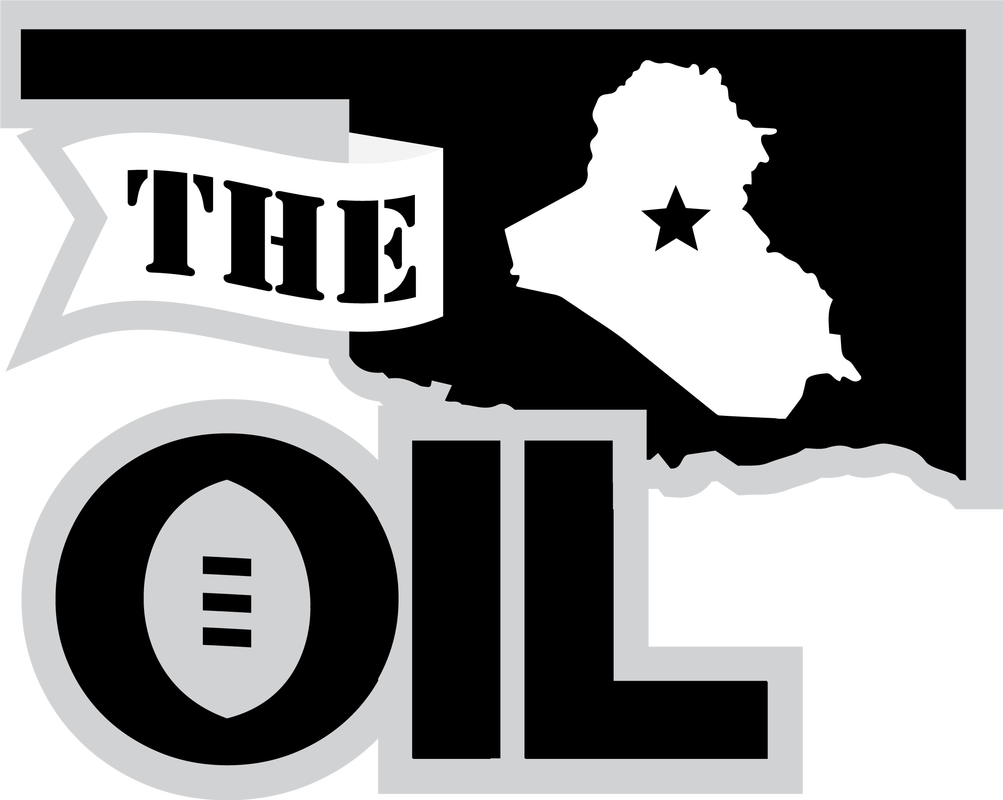

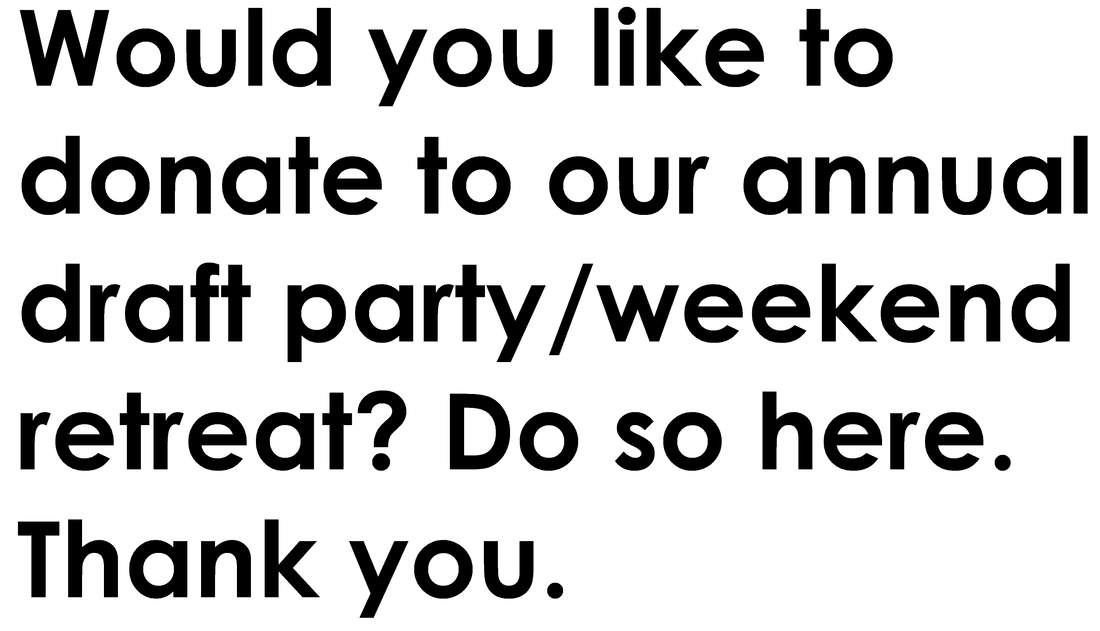


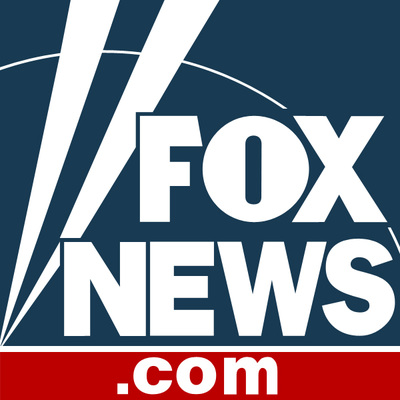
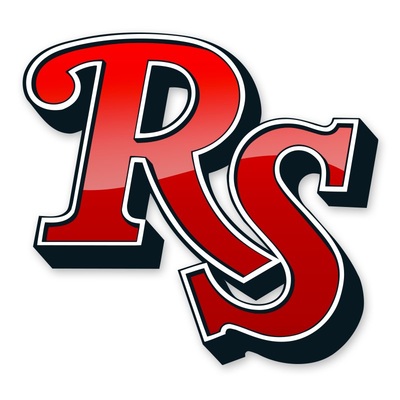



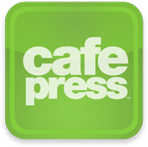
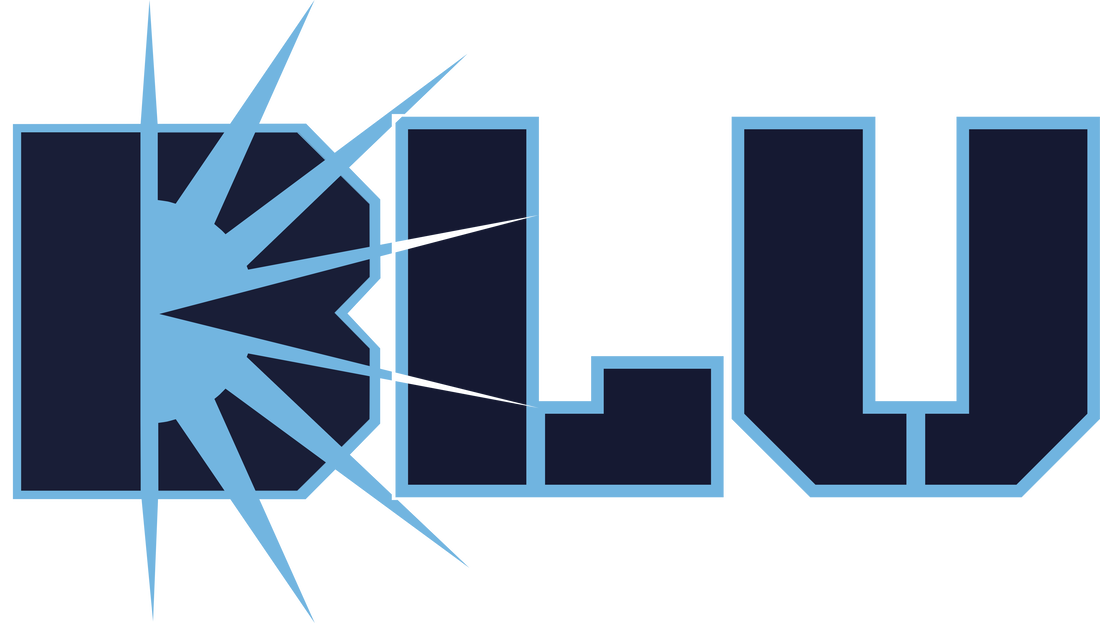

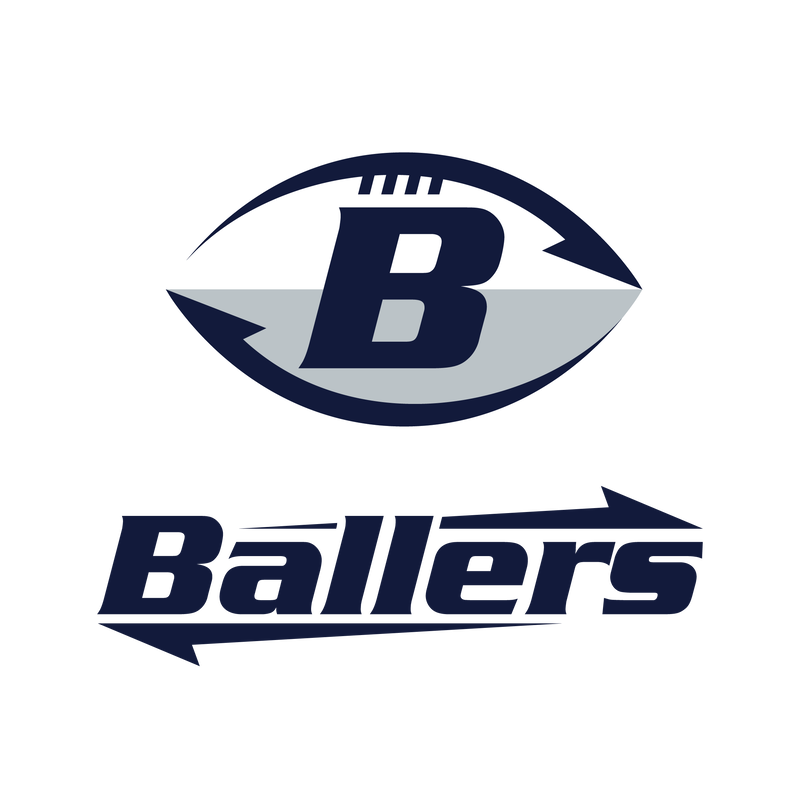
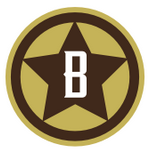
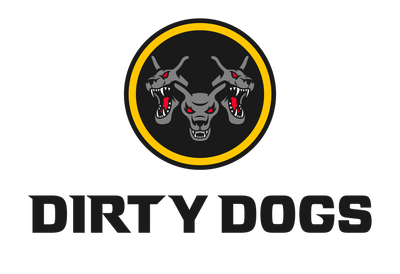
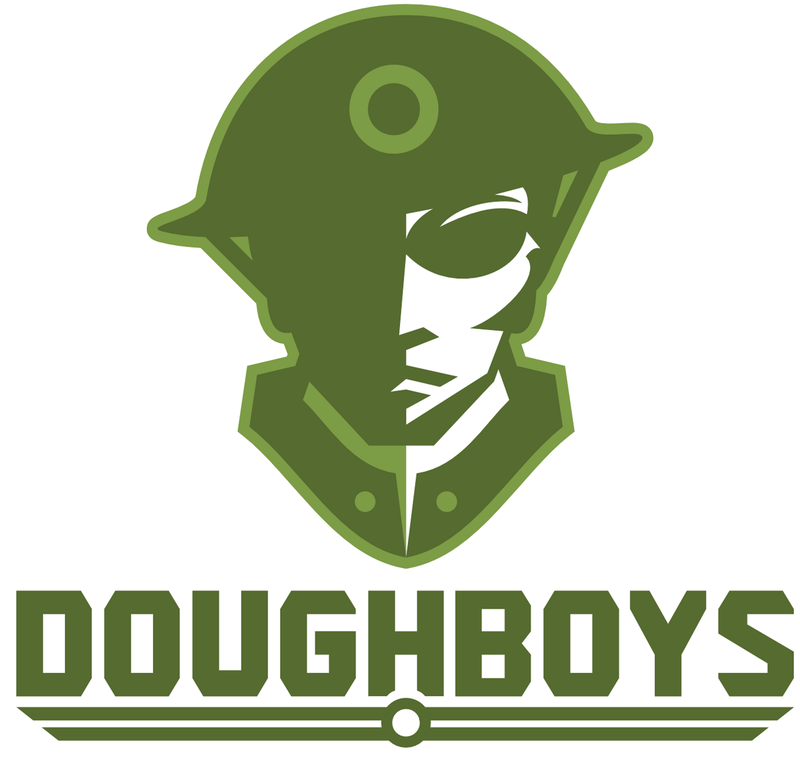
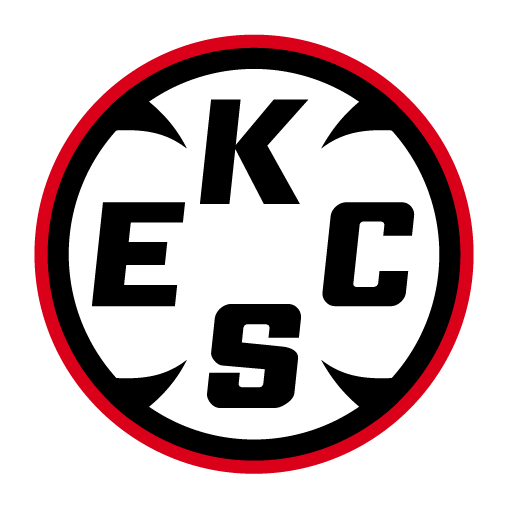
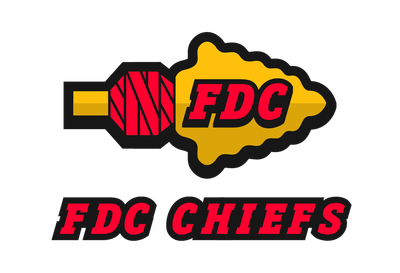
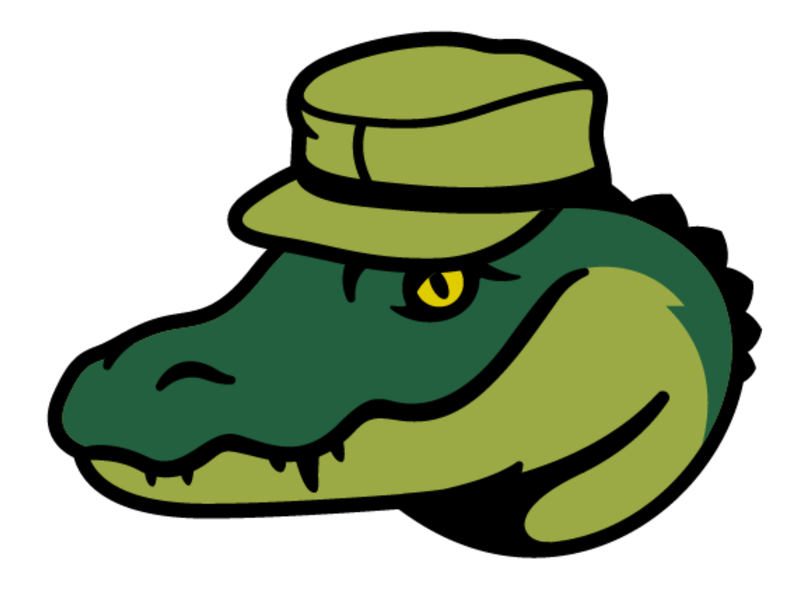
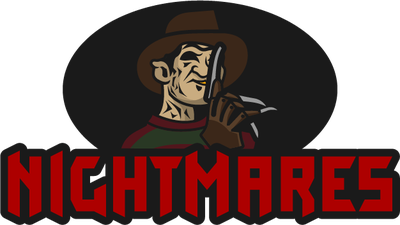
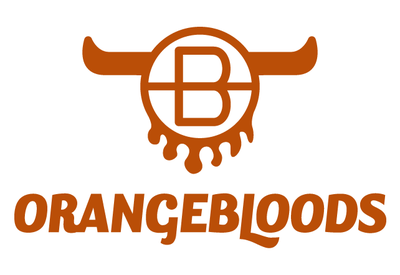
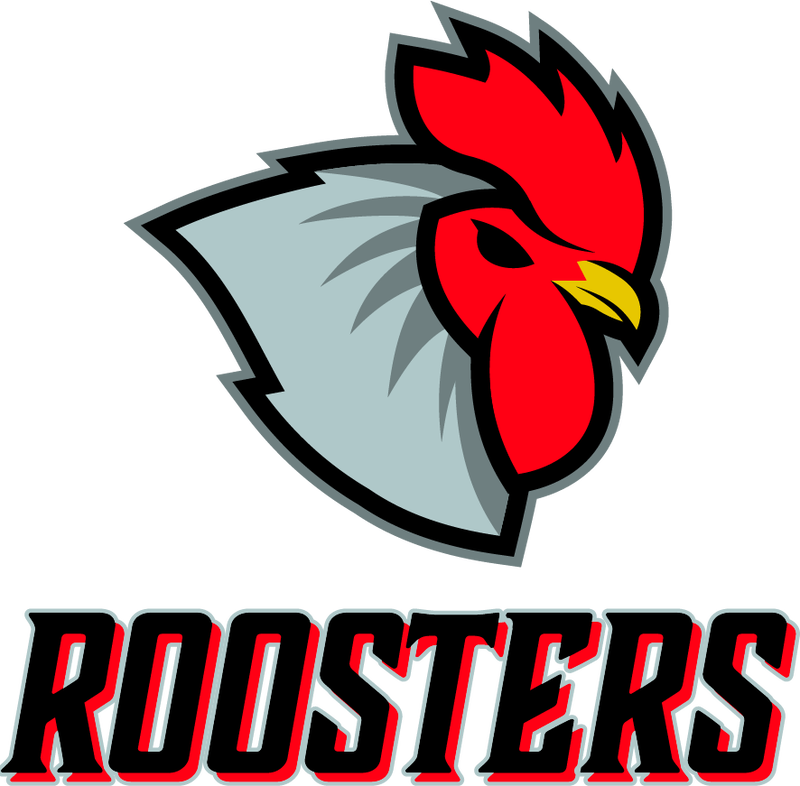
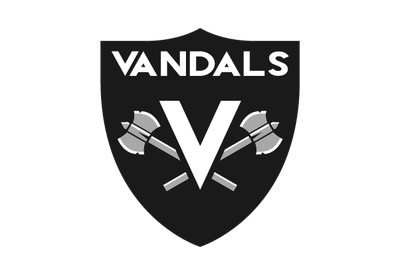
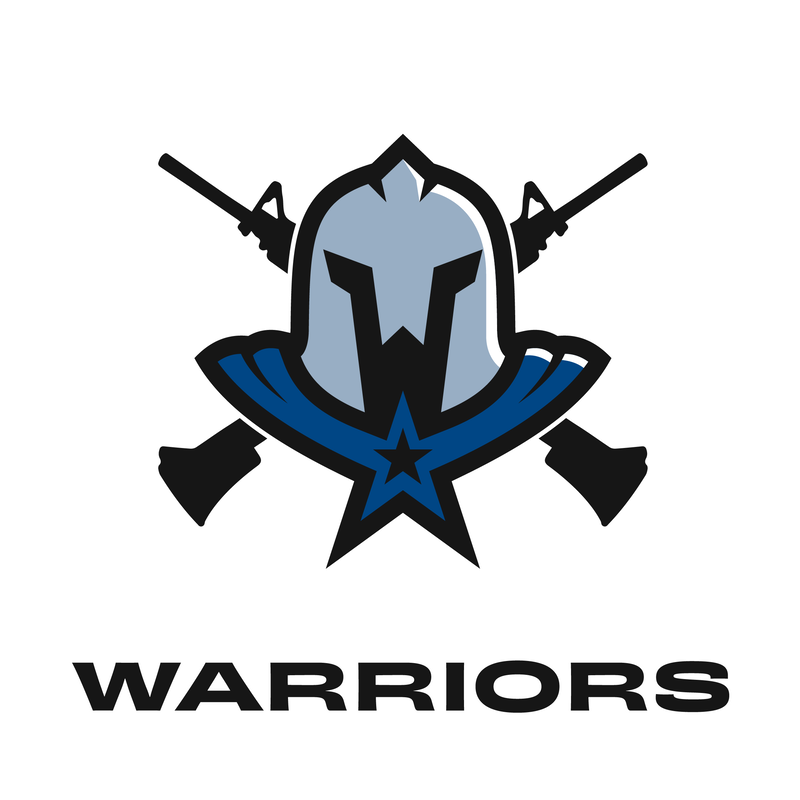
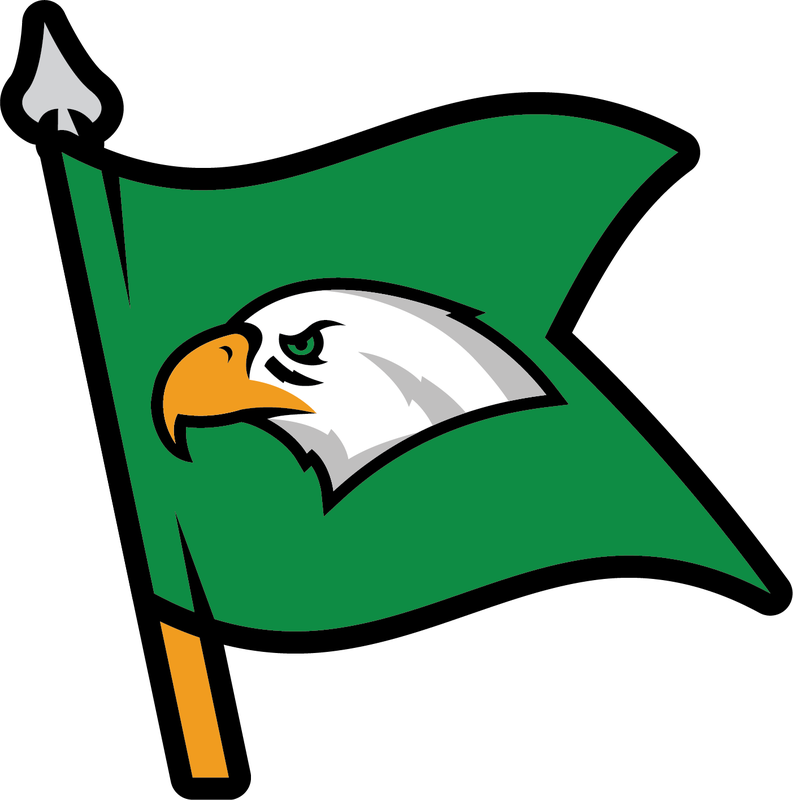
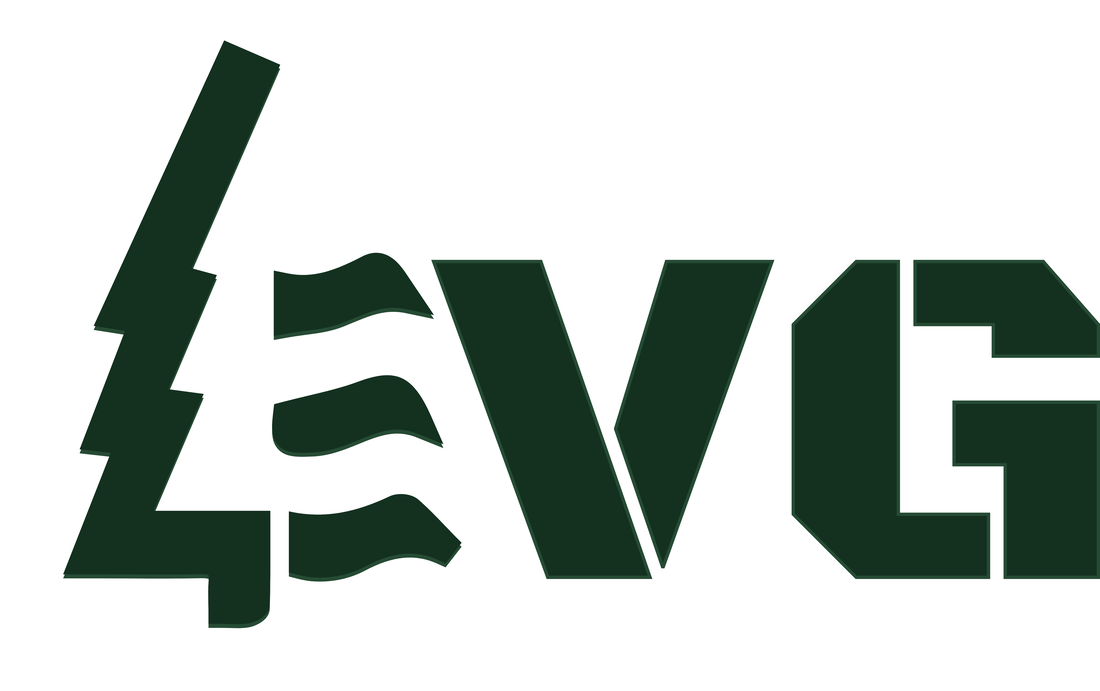

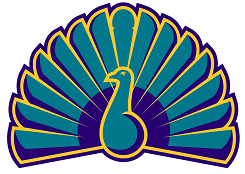
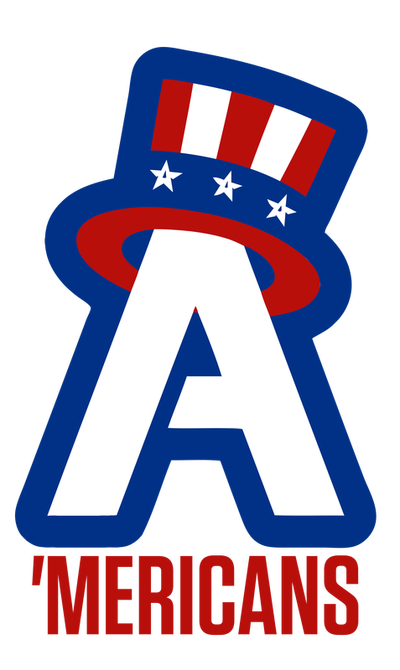
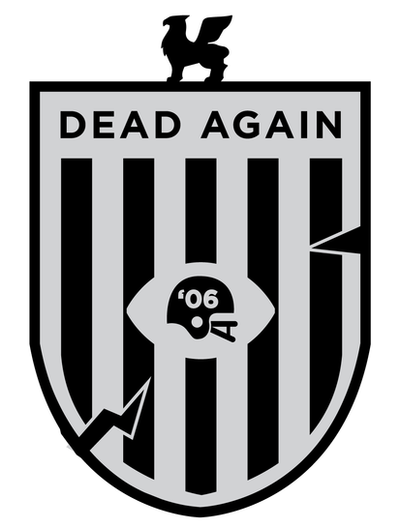
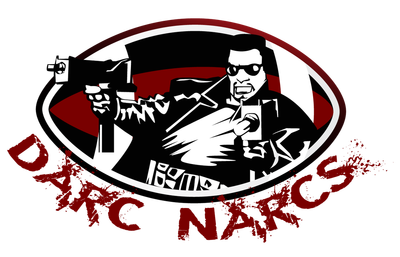
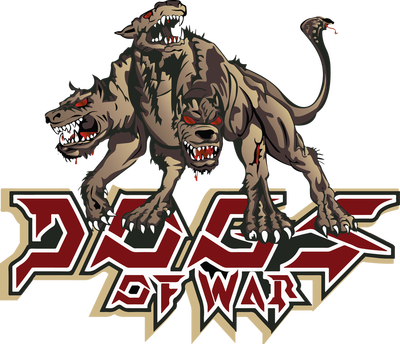
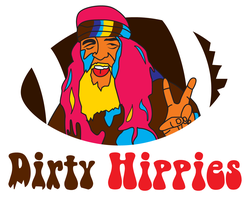
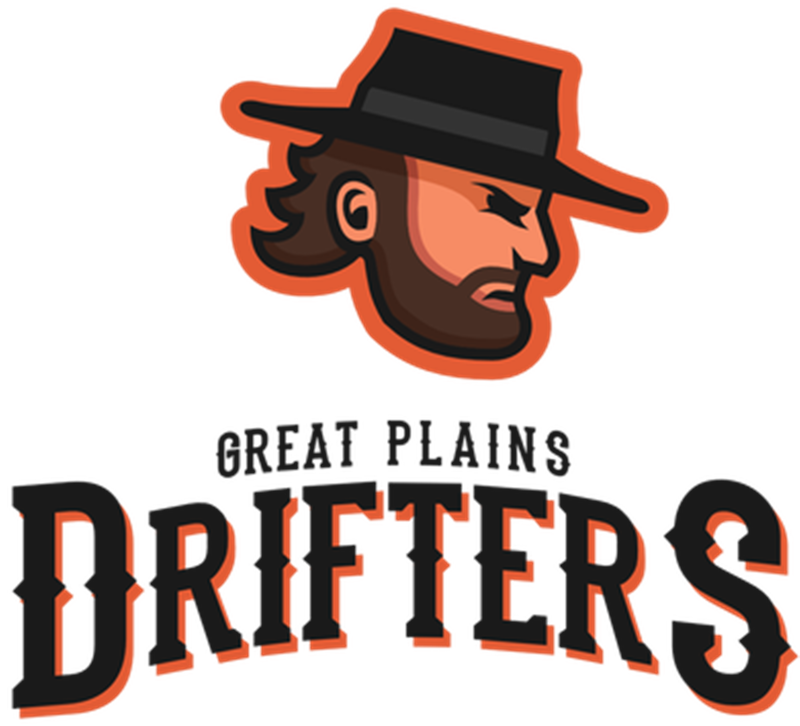
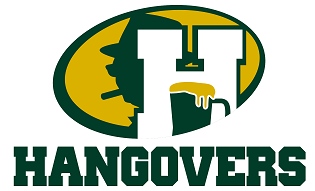
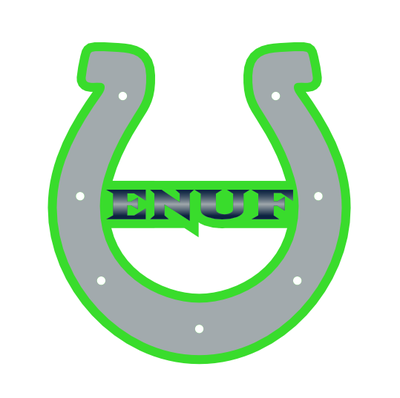
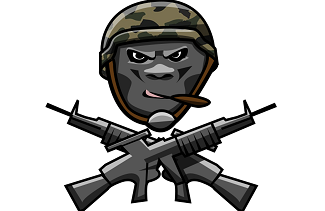
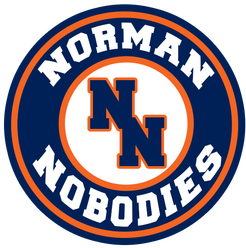
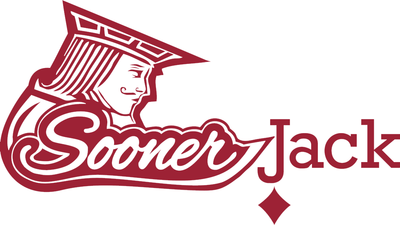
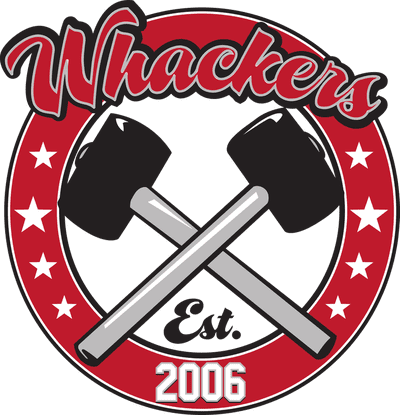
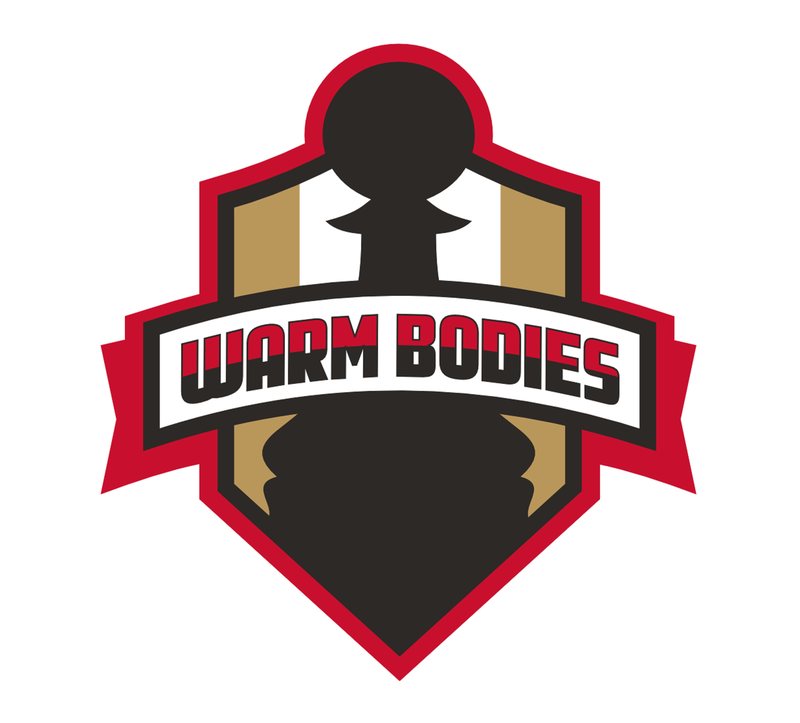
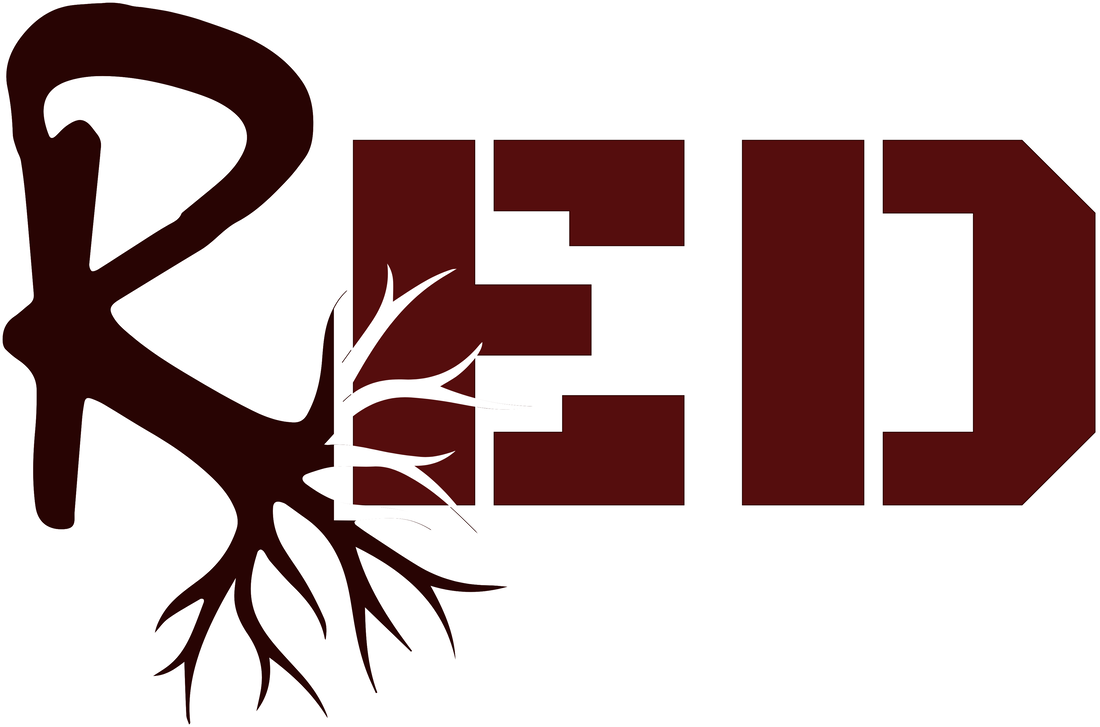

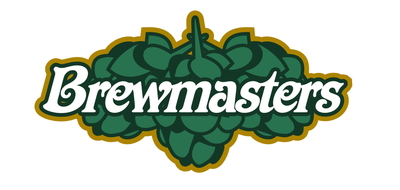
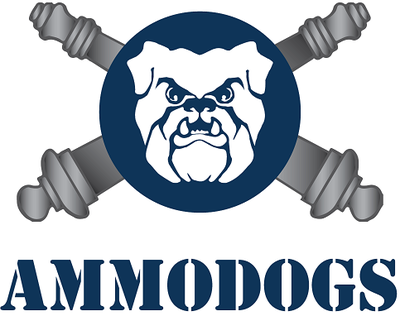
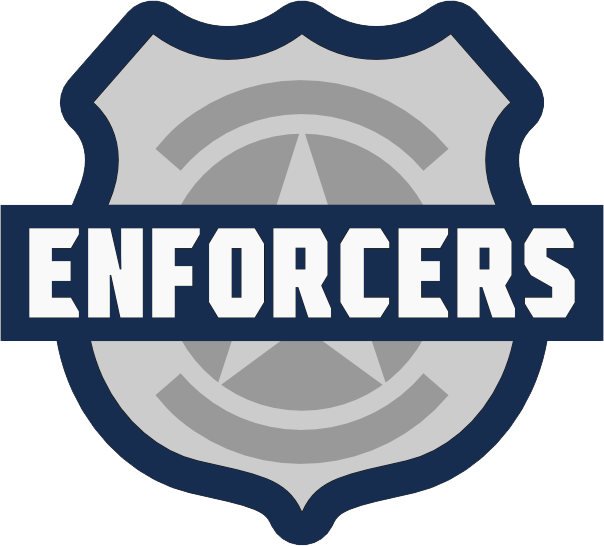
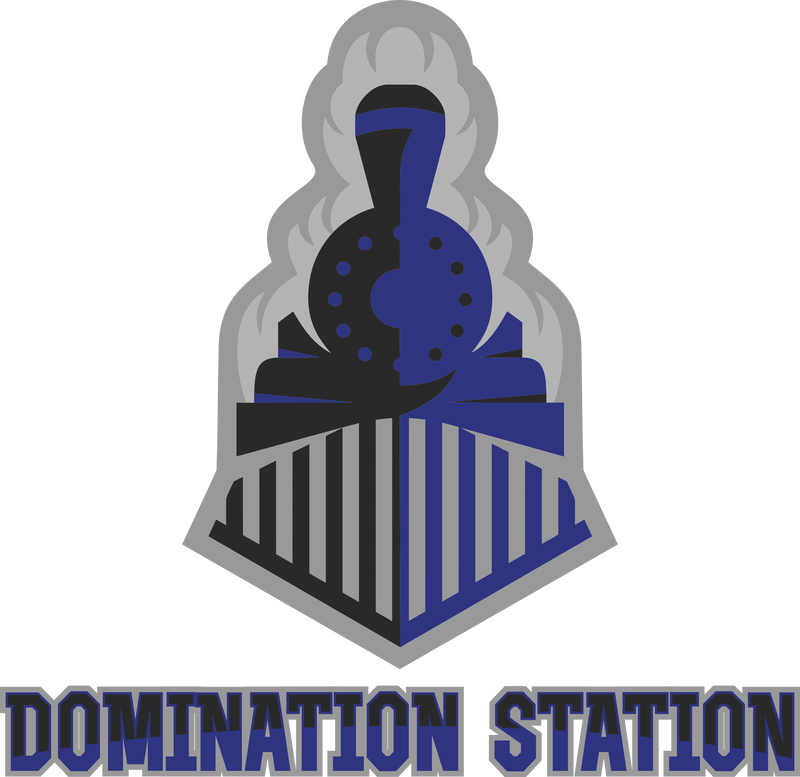
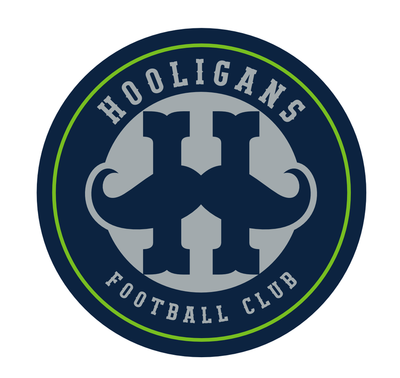
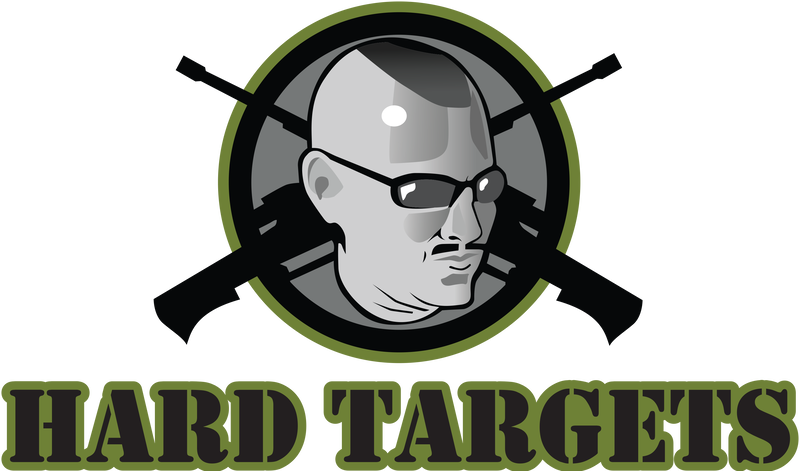
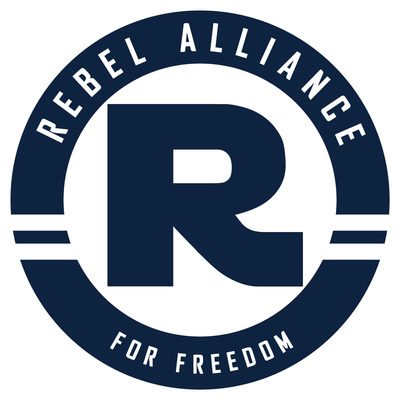
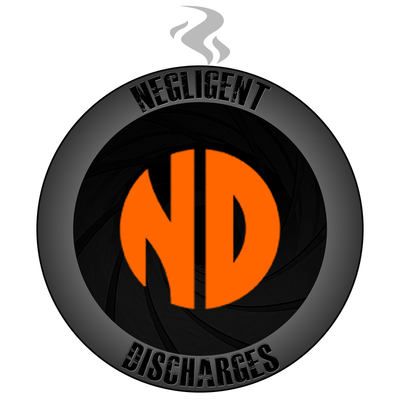
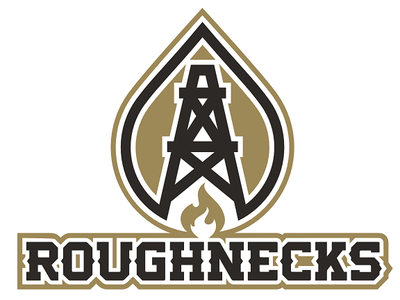
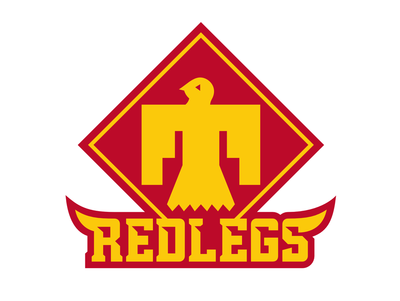
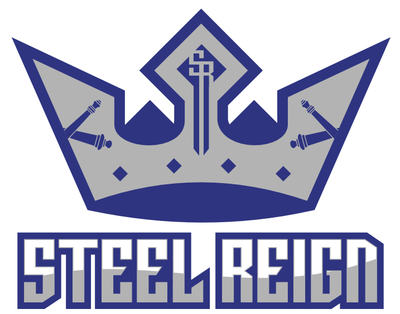
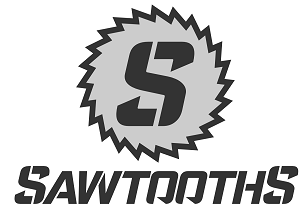
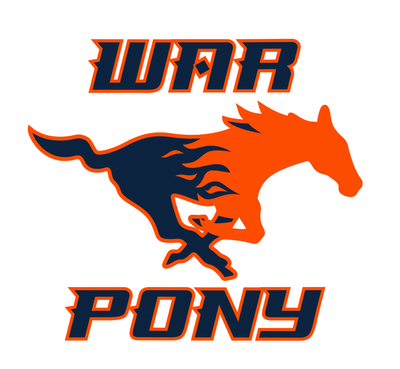


 RSS Feed
RSS Feed
